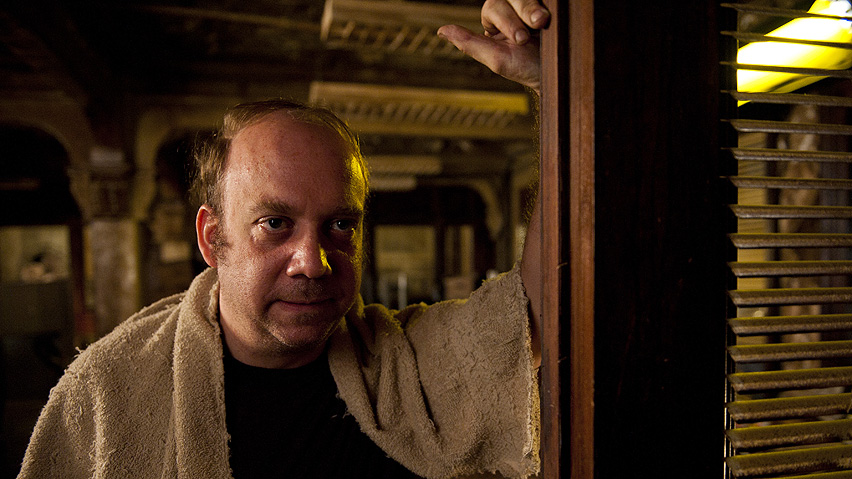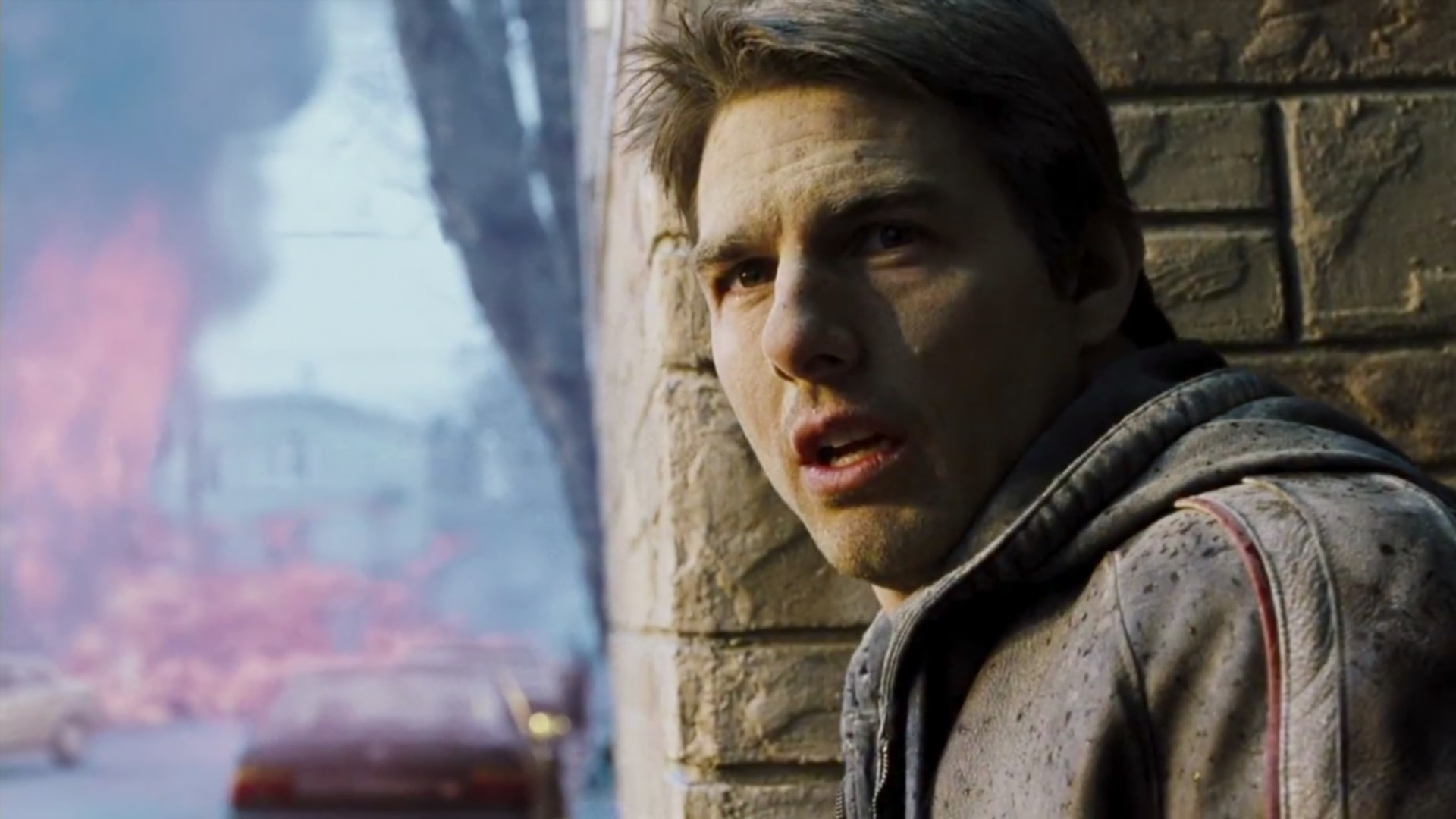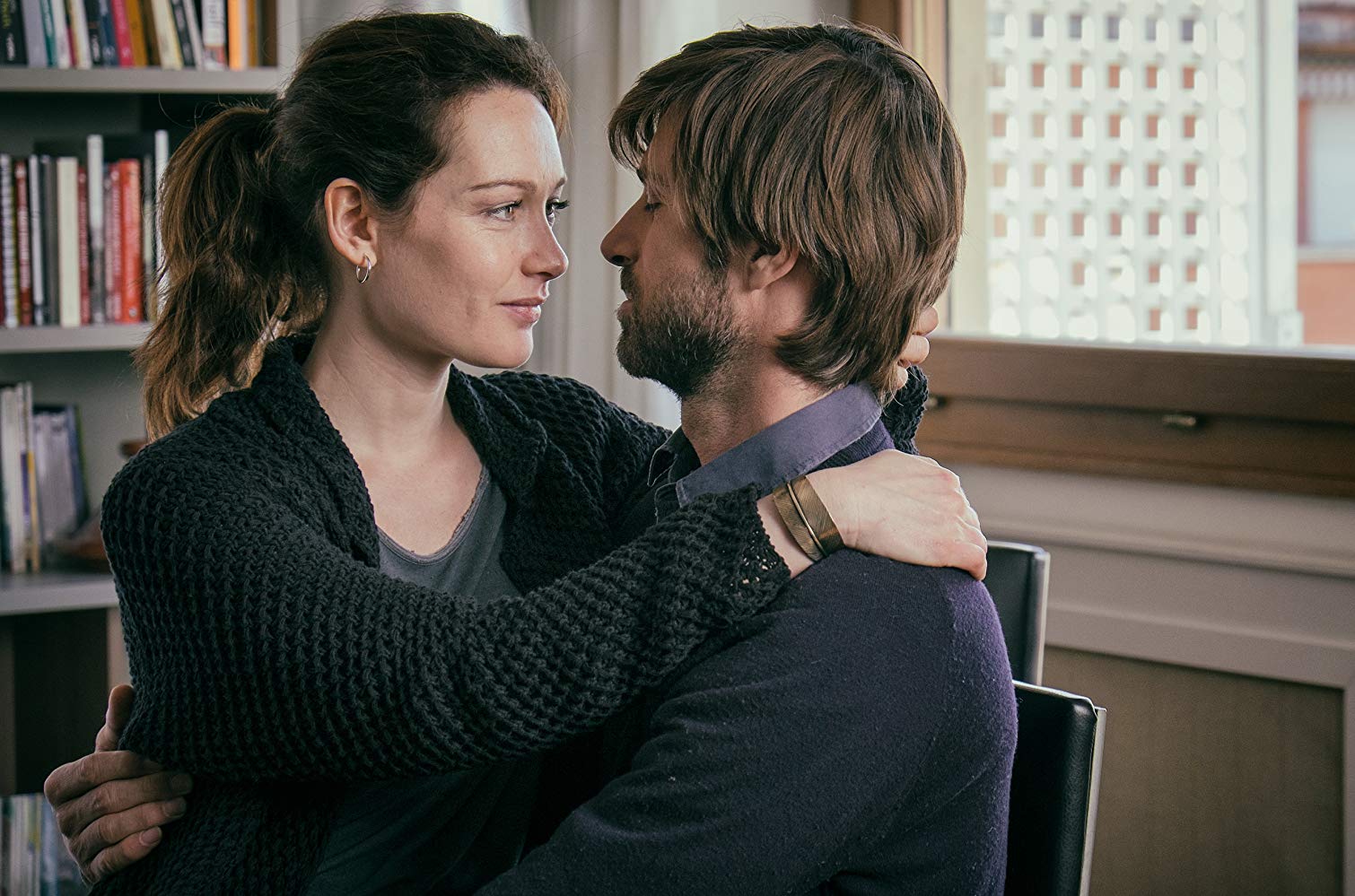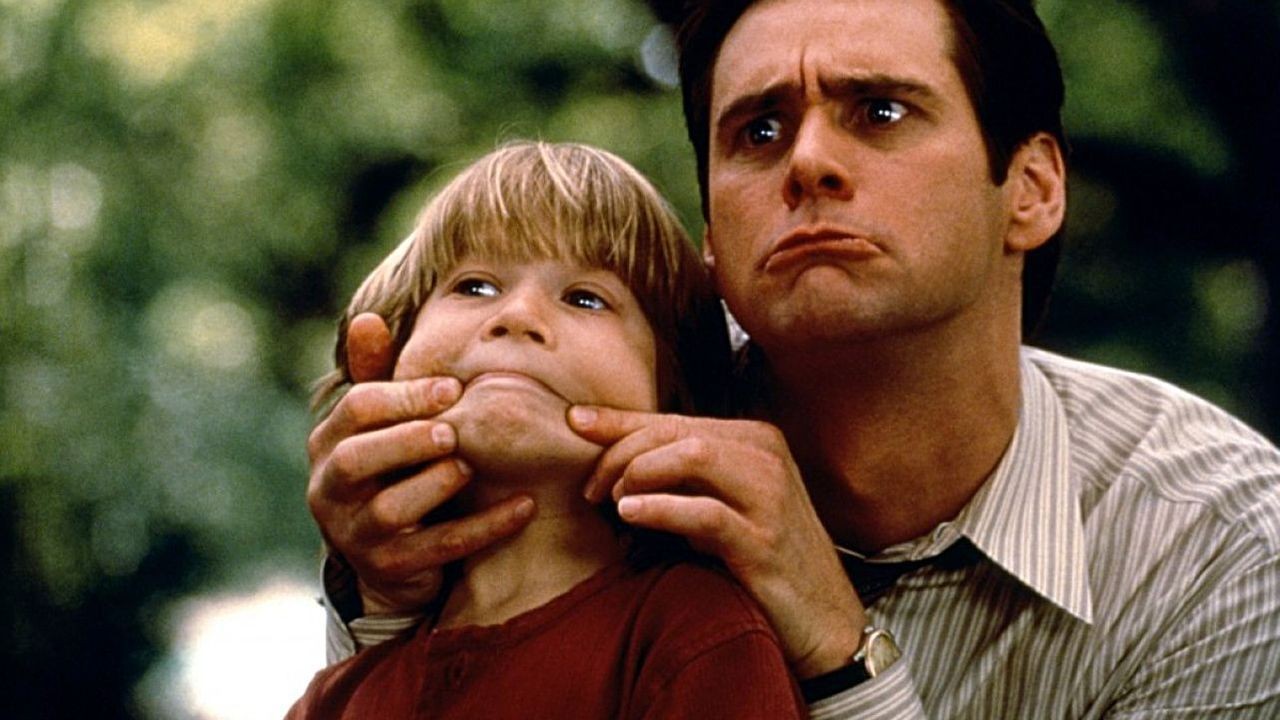6. Cosmopolis (David Cronenberg, 2012)

David Cronenberg is one of cinema’s most wonderfully mad geniuses. Starting his career with some of the best body horror films that the genre has ever seen, and even some of the best horror films overall with The Fly and Videodrome especially before falling into some much more abstract and experimental films in his late career, Cosmopolis feels like the perfect film to speak about as an example of what Cronenberg makes now. Based upon Don DeLillo’s book of the same name, the film follows a young billionaire as he navigates his way through an almost dystopian New York City and focuses on his reactions to the world around him.
Of course, being adapted from DeLillo and adapted by Cronenberg, it’s pretty damn bizarre, and the film seems to enjoy contorting what people are expecting for the sake of both shock value and clever social commentary (sometimes the line between the two is quite blurry). Robert Pattinson also gives what may be his career best performance (though Good Time sees him giving himself a run for his money!) in one of Cronenberg’s most sharply divisive films but one that many call his crowning achievement. It’s most definitely a unique film, and one so fascinating that it’s hard to take your eyes off of.
7. War of the Worlds (Steven Spielberg, 2005)

Here’s a case where, honestly, the bashing is a little confusing. Maybe it’s all down to the ending, that’s forgivable as it is a little out of left field and unsatisfying, but surely that is the intention? Of course, the ties of this film to post-9/11 America have to be mentioned – a film that investigates the complete panic and hysteria following a tragic event and the loss of many lives paired with the uncertainty of the threat’s motives (from their perspective, at least) is one bound to stir up some controversy, even if it waited four years for the wounds to start to heal. It seems to be a general rule that quite a few of the post-9/11 disaster films have been shot down for their extreme violence/sustained threat, but Spielberg’s H.G. Wells adaptation was especially picked apart.
The film remains truly unsettling and thrilling, however, and Tom Cruise gives a surprisingly great performance. Spielberg’s visuals also take on a new style that he hadn’t really dabbled with before and creates this very murky and uncomfortable dark look that he hasn’t really matched (Minority Report looks similar at a few points, but never quite matches the same eerie visual tone that this has), and this film specifically really draws attention to Spielberg’s versatility and control over form (and by extension, control over his audience). If ever there was a film that really demanded to be re-evaluated, it may just be this one!
8. Glass (M. Night Shyamalan, 2019)

The finale to M Night Shyamalan’s Eastrail 177 trilogy seemed to split audiences down the middle, which isn’t entirely surprising given the focus on plot twists and the way that the film ends, however, neither of those things make Glass anything close to a bad film. Shyamalan’s work in general since The Village seems to have fallen into some minefield of criticism, some admittedly deserved (The Happening is… quite puzzling to say the least, and Lady In The Water is one film I have tried to but just can’t get on side with) but much of it seeming like a unfair and frankly quite biased shooting down of a director who is much more consistent than he’s given credit for.
It’s mainly pleasant to see someone toying with genre films with such a mix of influences with seemingly little thought put into the accessibility of each project, but also to see someone giving them such positive messages when most blockbusters seem determined to hack away at leaving the audience in a good mood.
9. Tommaso (Abel Ferrara, 2019)

Abel Ferrara’s latest, after a five year absence from making fictional films, caught a rather lacking fanfare from both critics and Ferrara’s cult following, which is a real shame considering the time and honesty that went into portraying Ferrara himself (played by Willem Dafoe in one of his best performances) in this semi-autobiographical film about a director and his personal/family life struggles. Going into the life of a troubled artist in extreme detail, looking at struggles with infidelity, family life and trying to gather ideas together in particular, the film feels so much more vulnerable than Ferrara’s usually do, really getting into the mind of a man trying his best to express who he is to an audience who have known of his struggles for years.
The film is by far his most tender work, with the focus being on Dafoe’s titular Tommaso as he tries to put a new film together and work through family issues, with the improvisational dialogue about sobriety also being especially relevant to Ferrara’s own struggles with drugs in the 1990s, with Vincent Gallo saying that Ferrara was ‘unable to direct’ The Funeral in 1996. The film is quite barebones, but it’s really quite beautiful in terms of the context of Ferrara’s career, seeing him come to terms with many of his inner demons in front of the world for the first time.
10. Liar Liar (Tom Shadyac, 1997)

Let’s be honest for a second – Jim Carrey generally gets an unfair wrap. Sure, he mostly stars in films that are low-brow, but when did the line between low-brow and outright bad disappear? Liar Liar is a prime example Hollywood comedy done perfectly.
It takes the formula of a deadbeat dad and an asshole lawyer and manages to tune them to absolute perfection, utilising Carrey’s gentle mix of insanity and sincerity to make him one of cinema’s most loveable and hateful characters. It is one of the rare examples of a film that is heavy on concept but also manages to execute it wonderfully, and yet it seems to be treat about the same level as some of the bottom of the barrel 90s comedies. Another one keenly awaiting re-evaluation!